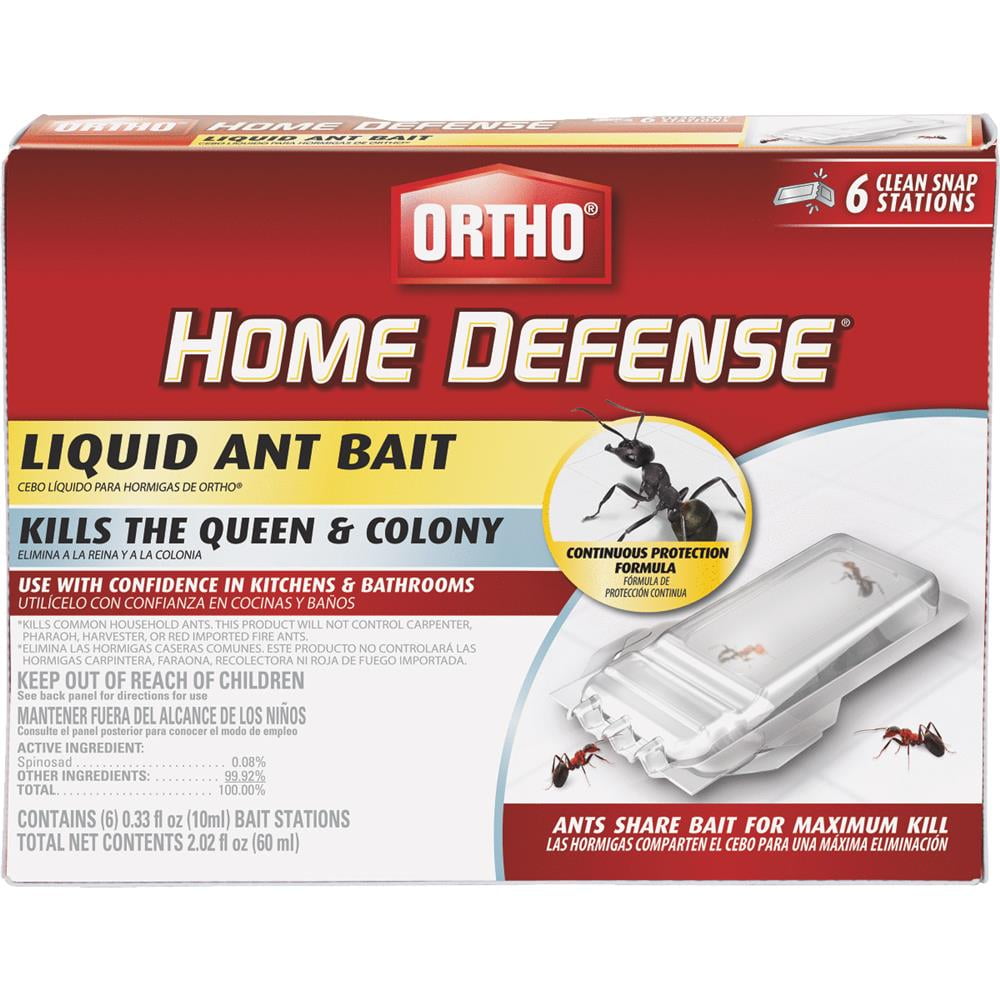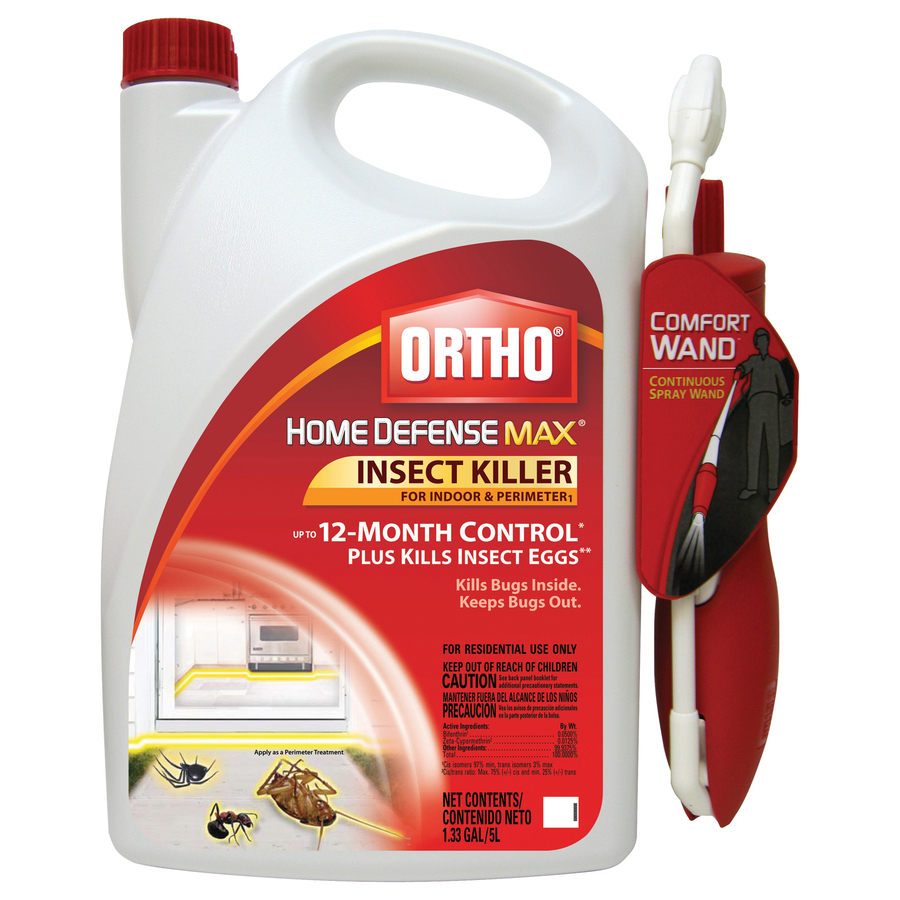

#HOME DEFENSE PEST CONTROL SKIN#
irritation, swelling, or redness/rash if left on the skin for long periods of time.irritation, pain, or watery eyes if applied to eyes.In rare cases, though, there are some issues you may encounter when using it, including: The EPA shares that DEET does not pose risks to health when used properly. Currently, over 120 products that contain this ingredient are registered with the Environmental Protection Agency (EPA). Products containing DEET are used to repel mosquitoes and other biting pests, like ticks, by preventing the bugs from being able to sense human scent.ĭEET has been sold commercially since 1957 but was used by the United States Army as early as 1946. It’s the active ingredient in various repellents, such as liquids, lotions, and sprays, that you’ll find on store shelves. Read on to see which natural repellents work best to prevent mosquito bites.ĭEET stands for a chemical named N,N-diethyl-meta-toluamide. This can be especially true for children, who are more sensitive. If you’re doing things like taking a hike, hanging out in your backyard, or taking a camping trip, natural repellents might be a better option. DEET is recommended for people at risk of mosquito bites carrying any disease. You might choose to avoid using DEET products unless you’re visiting places that have a high risk of mosquito-borne diseases like Zika. DEET products have the potential to cause health and environmental problems. Whichever species you encounter, you can protect yourself without having to use a DEET-based chemical repellent. Others are attracted to carbon dioxide and certain hand odors. If you’re a mosquito magnet, you’re probably tired of having itchy, bumpy skin.ĭifferent species of mosquitoes - like the ones that carry malaria - prefer bacteria and sweat. People are usually prone to mosquito bites due to a combination of scent, light, heat, and humidity.

What to look for in natural mosquito repellents


 0 kommentar(er)
0 kommentar(er)
